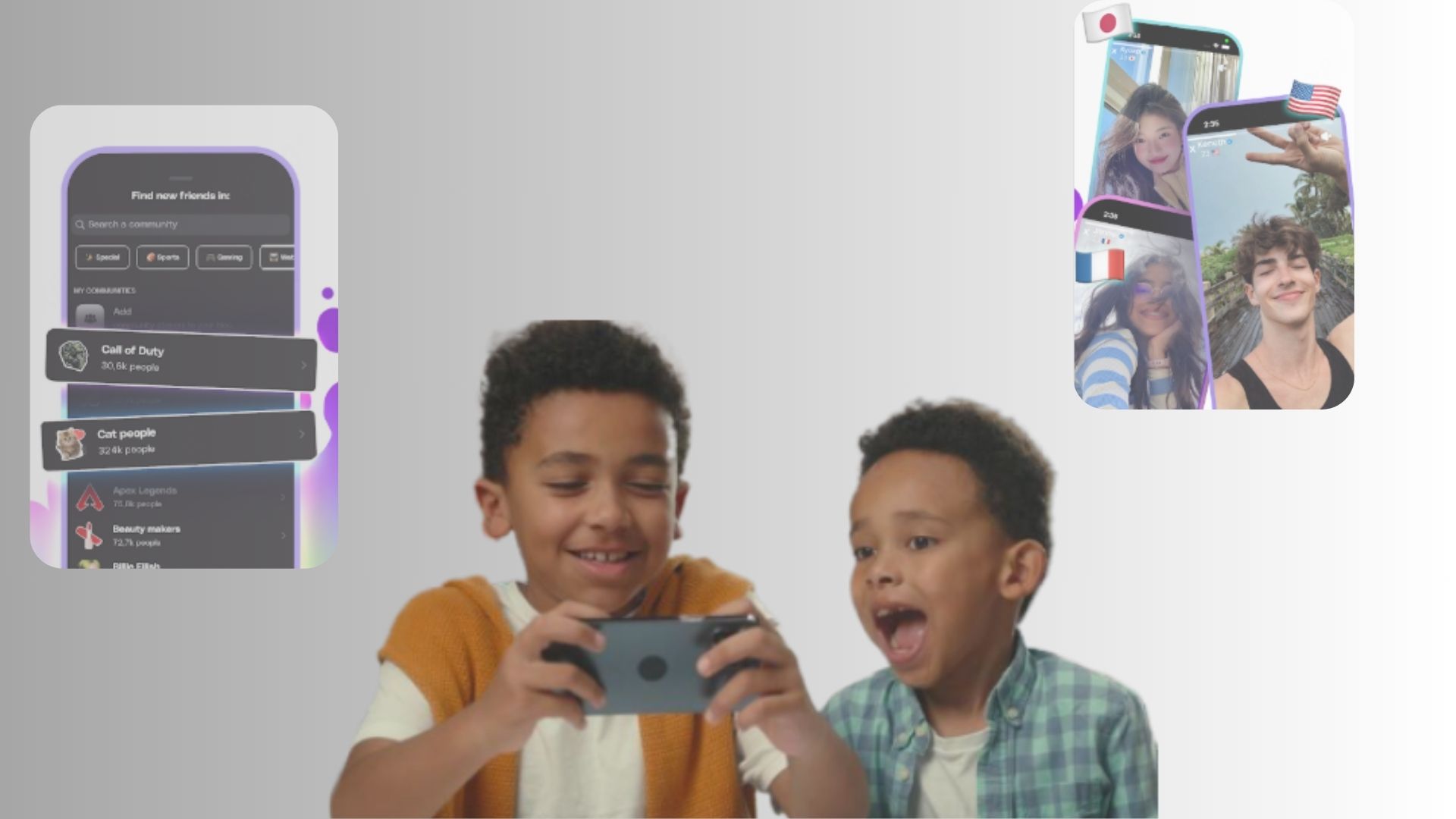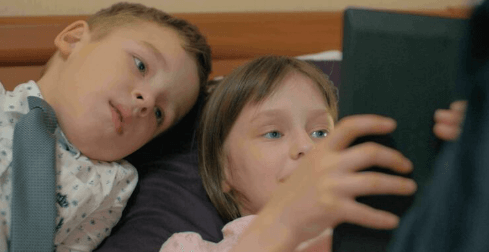ClevGuard Support: Monitor Devices with Others' Permission.

In the age of instant connections and anonymous chats, the Wizz app has quickly gained popularity among teenagers. Marketed as a way to meet "new friends," Wizz lets users swipe through profiles in a style similar to dating apps.
However, its rise has not been without controversy. Concerns about grooming, sextortion, and exposure to inappropriate content have led to its removal from major app stores. Yet millions of teens still use it, often without parental awareness.
This article explores what Wizz really is, the risks it poses, and what steps parents can take to protect their children in an increasingly unpredictable digital space.
Table of Contents
What Is the Wizz App
Wizz is a social discovery app that allows users as young as 13 to connect with others via profile swipes and chat features. Developed by French company Voodoo, Wizz quickly went viral through platforms like TikTok, especially among Gen Z users looking for casual interaction.
Though the app is framed as a space for friendships, its interface mimics dating apps like Tinder or Bumble: users swipe right to match or left to skip. It's also common to find users linking to Snapchat or Instagram, which adds another layer of visibility—and risk.
With a user base in the millions and global expansion underway, Wizz has become a staple among teens seeking connection. But its mechanics invite deeper scrutiny, especially by parents.
Is Wizz a Dating App? Why the Confusion Matters
Wizz avoids calling itself a dating app, but its swipe-based design and chat functionality make that claim hard to defend. Teen users often treat it as a casual dating platform, posting suggestive bios, flirtatious emojis, and social media handles to continue conversations off-app.
This ambiguity between social discovery and digital flirting creates confusion—and concern. Parents may assume their child is making innocent connections, unaware that many conversations carry a romantic or sexual undertone.
When young users blur the lines between friendship and intimacy online, they can quickly be exposed to unwanted attention or even manipulation. That's why it's crucial for parents to understand not only what Wizz claims to be but how it's actually used.
Is Wizz Safe for Kids? Key Dangers to Know
Though Wizz claims to verify user age via facial recognition tools like Yoti, these protections are not foolproof. Fake profiles and falsified birthdates are common, allowing adults and minors to mix freely.
The risks include:
- Exposure to explicit content, including nudity, drug references, and sexual language. Sextortion and grooming
- , where predators manipulate or coerce teens into sending compromising material.
- Phishing and scams, often disguised as friendly interactions.
- Emotional and psychological harm, especially for teens already navigating sensitive stages of development.
Even verified users may misuse the app, exploiting its design to seek out vulnerable individuals. Alarmingly, there are no built-in parental controls, making it harder for caregivers to intervene or monitor.
While not every interaction on Wizz is dangerous, the environment is ripe for abuse, especially for younger teens still learning how to navigate digital boundaries.

No Built-In Parental Controls: A Major Concern
Unlike other teen-focused platforms, Wizz offers no internal parental control features, leaving families without a way to supervise or filter content directly through the app.
This lack of infrastructure makes it difficult to ensure your child's safety unless you're using external support. That's where tools like ClevGuard come in. A phone tracking app can help you monitor activity, manage screen time, and detect potentially harmful behavior across apps like Wizz, even if your child isn't forthcoming.

An Array of Amazing Features
- Track cell phone location in real time and view location history
- Check all incoming and outgoing calls & SMS
- Spy on social media apps like WhatsApp, Instagram, Snapchat, Facebook, Viber, WeChat and more
- Remotely access the files on the target phone, like contacts, photos, call logs, etc.
Signs Your Child Might Be Using Wizz Unsafely
It's not always obvious when teens are using apps like Wizz, but subtle behavioral changes can signal trouble:
- New contacts or friend requests appearing frequently
- Guarded behavior around phones and devices
- Mentions of swipes," "streaks," or "chat matches"
- Mood swings or sudden withdrawal from family conversations
- Use of slang and emojis with romantic or sexual undertones
You might also notice increased use of privacy apps. In fact, some teens hide risky apps using disguised icons—learn how to spot fake calculator apps if you're concerned.
How to Help Your Teen Use Wizz Safely
If your teen insists on using Wizz, parental involvement becomes essential. Here's how to reduce potential harm:
Set an age limit (16+). Users below that age are too vulnerable to the platform's mature content.
Review privacy settings. Disable location sharing and limit visibility to verified users only.
Educate them on reporting tools. Teach how to block users and report suspicious behavior.
Encourage open communication. Let your teen know they can come to you without fear of judgment.
Create digital agreements. Set rules together about what's acceptable online.
Also, if your child links Wizz to other apps like Snapchat, it may be wise to use a Snapchat monitoring tool as an additional layer of protection.
To explore broader digital behaviors, you can also learn what it means to be "chronically online"—a growing concern that overlaps with Wizz usage habits.
Use Parental Controls to Limit or Block Wizz
Since Wizz lacks its own controls, parents must turn to third-party apps to stay informed. A comprehensive phone tracking app like ClevGuard lets you:
- Block access to Wizz entirely
- Receive real-time alerts when your child opens the app
- Monitor time spent on messaging platforms
- Identify keywords and suspicious behavior patterns
These features help reduce the need for constant check-ins while still allowing you to intervene when needed. If your child uses multiple devices, check out our guide on how to track an Android device from your iPhone to stay fully informed.
Final Thoughts
The Wizz app may promise spontaneous connection and new friendships, but it also opens the door to serious risks—from inappropriate content to predatory behavior and emotional harm.
While older teens may have the maturity to navigate these spaces, younger users should be kept off the app entirely. Parental awareness and proactive safeguards are essential.
With a clear understanding of how Wizz works and smart digital tools in place, families can make more informed choices and support their children in building a safer, more positive online experience.



